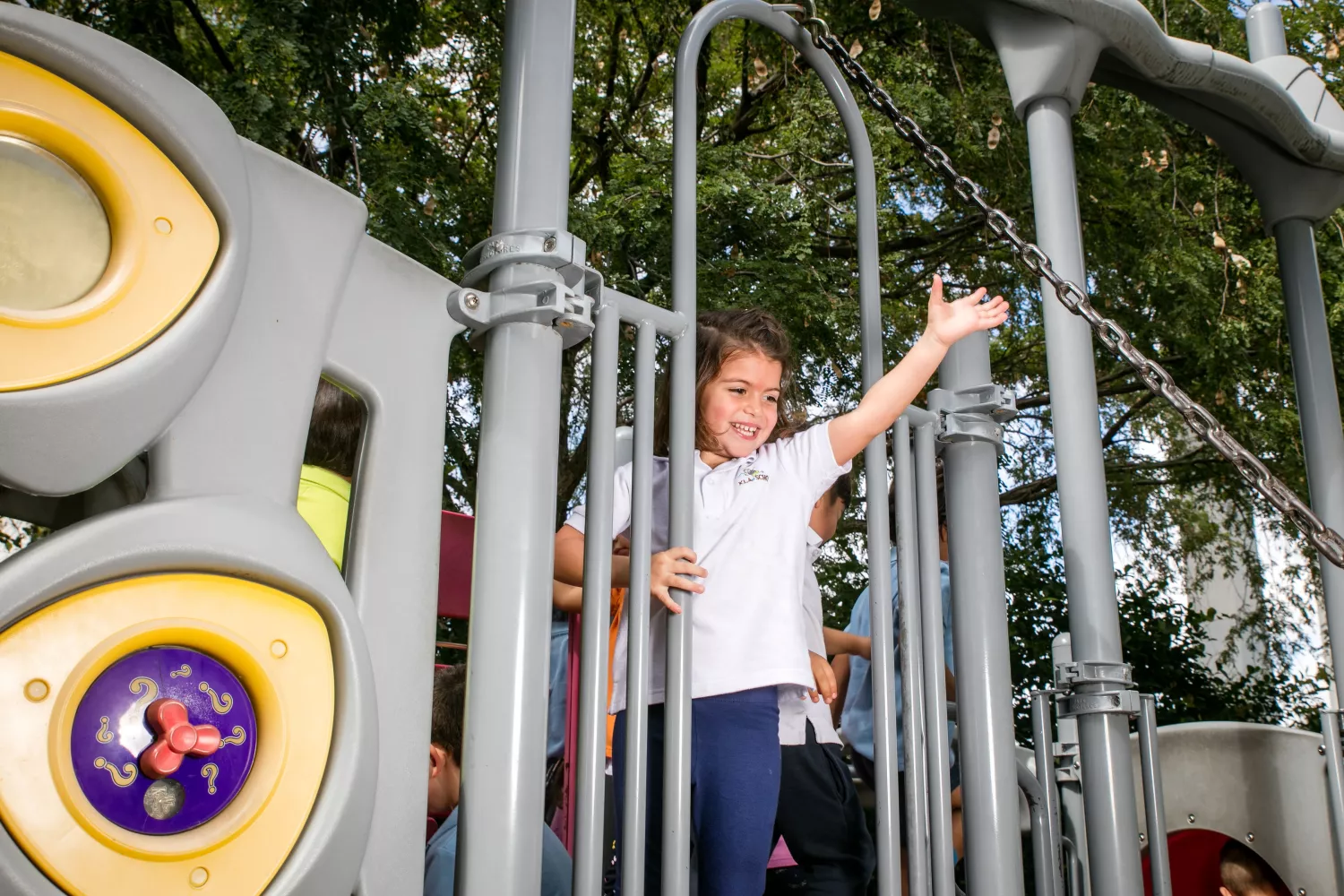What is to misbehave? What does it mean when someone says that a child behaves badly?
Topics: Child Development
Age Range: Preschool
Many people repeat over and over again that their children have “bad behavior,” without trying to go further and find out what that behavior wants to tell us.
Many times, children are hungry, sleepy, something is bothering them or they are just being children. But what is a bad behavior? Does a child know if he is misbehaving? What message is given to children when they are told they are behaving badly? What do we want to achieve with this? What was the cause of this behavior? In my opinion, a behavior is only a problem when it interferes with the safety of the child or the safety of the people around him. The fact that a behavior can be annoying or irritating for someone does not mean that it is a bad behavior. For example, take a minute and think about this scenario: a child is making a repetitive sound with an object. Let’s pretend that there is an adult close to the child, the adult is tired after a long day at work and has a headache; so, if the sound bothers him, he will tell the child to stop doing it. This does not mean that the child is behaving badly. The child is simply exploring and making use of his senses. Situations like these are presented to us every day, and we often ask children to stop doing something, not because they should not do it, but because it can bother us at a particular moment.
We must analyze and go beyond our perception. It would be very valuable if we asked ourselves how many behaviors would not be considered a problem anymore if we took this analysis into account. (Children swinging, moving from one side to another, looking towards the ceiling while we read a story, children not walking in a straight line, children throwing the same object over and over again to see how they fall or to explore the sound that object makes. Let's be clear, these moments that are occuring are not dangerous and are not putting children's safety at risk).
Many people can be very harsh with what they express, for example: "you are a bad boy" or "you look very ugly when you act like this," "if you keep doing that I will not love you."
These messages can be very powerful and drastically affect the child's self-esteem. So, I suggest that we take great care of our language. The way we express ourselves makes a difference in the way we see and think about children, as well as the difference with respect to the emotional bond we have with them. Children need to know that they are safe with us, that we love them and that we will always support them (no matter what, our love for them it is not negotiable) even if we find the behavior they are exhibiting undesirable. It is vital to separate the feelings you are expressing about the behavior from your feelings for the child.
It is important to be empathetic and understanding, in order to communicate what we expect of them and anticipate what is going to happen. For example, if we are going to cross the street, it is necessary that our child grabs our hand. Clearly explain to him why he should grab your hand without any negotiations. Depending on their age, children may be more alert or aware of the danger. In other cases, we can find situations in which children are mounted on a table or chair, to play or see everything from above, exposing themselves to danger. It is important to be firm and explain why it is dangerous and why we should not do that, for example: "if we get on the table we can fall and get hurt very badly." We can also give them an alternative and offer them our arms to carry them, in case they want to see everything from another perspective. Many times, what they seek is to explore instead of "behaving badly". Remember to save a special “firm” voice for moments when your child is in danger. They will then understand the severity of this situation as opposed to when you are correcting a behavior that can be discussed more (i.e. singing really loudly when you have a headache)
It is much more enriching to take advantage of every opportunity for them to learn and know that we understand them, without making them feel judged and misunderstood. When the physical, emotional, social and cognitive needs of our children are met, they have no need or desire to behave in any way that could bother us at all.
Raquel Roa
Assistant Director of Professional Development
Follow Raquel’s personal blog on WordPress, Twitter, and on Facebook.

